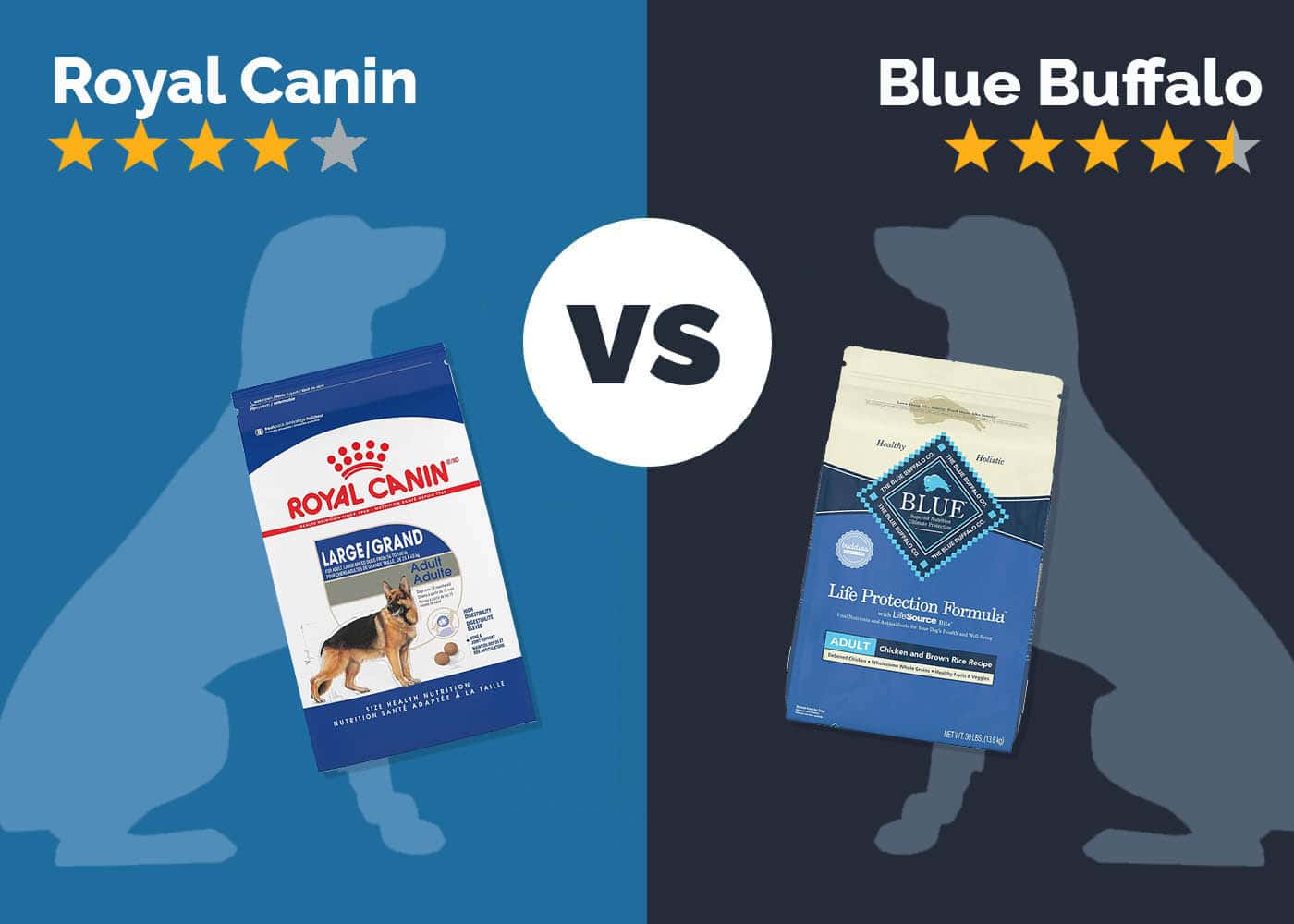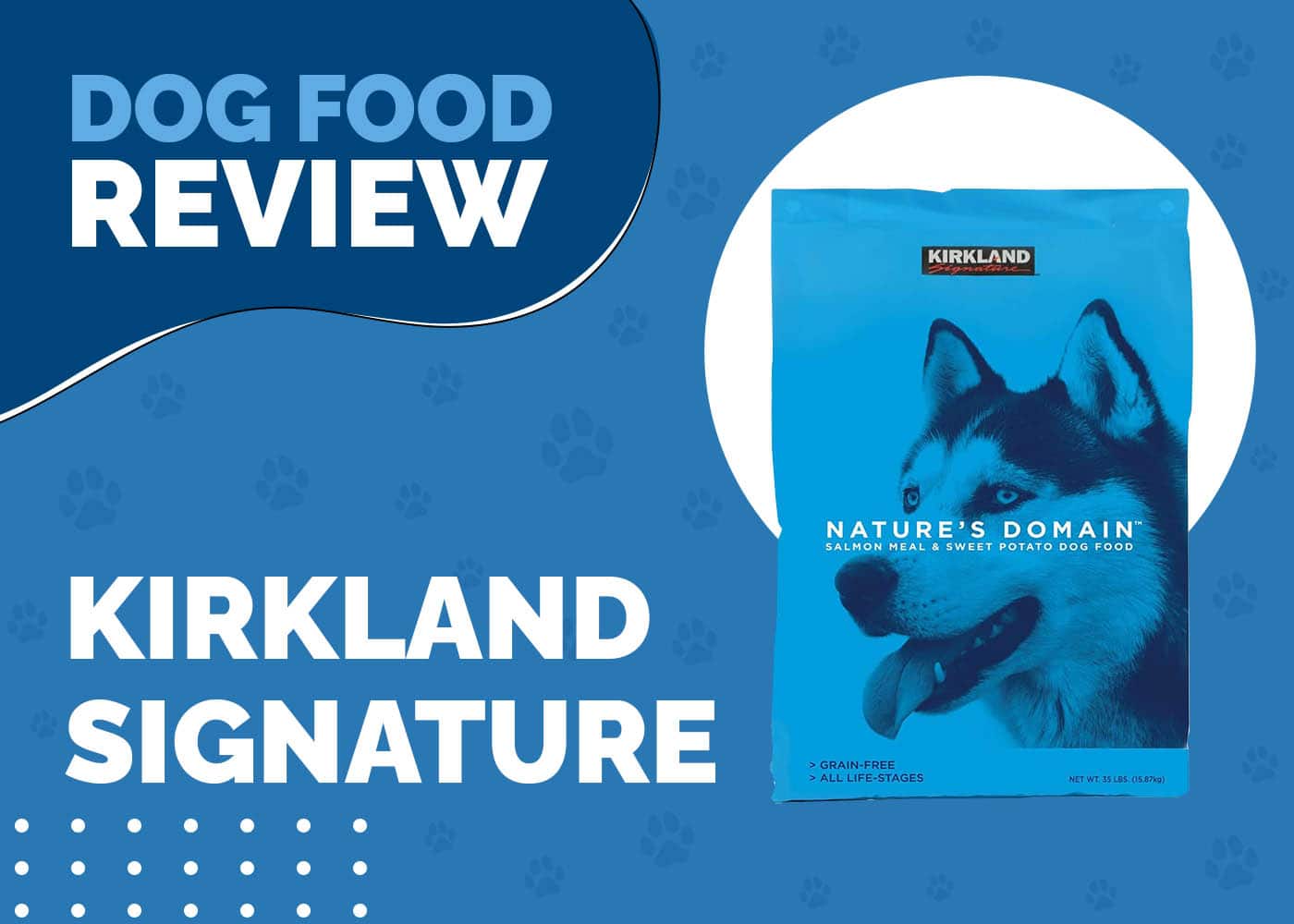Can Dogs Drink Apple Juice? Vet-Approved Facts & FAQ

Updated on
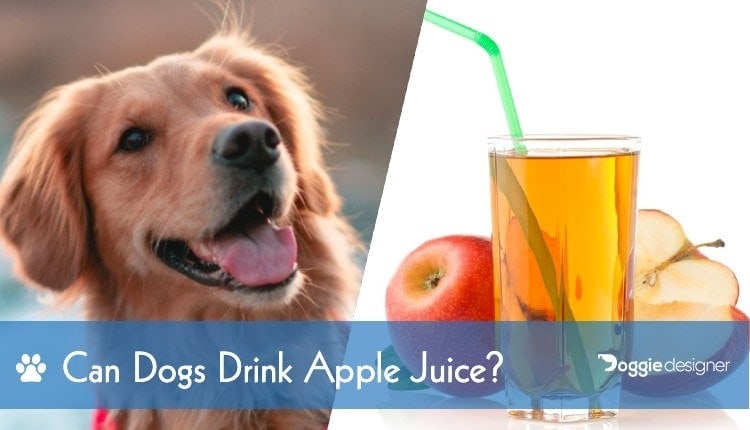
Your pup probably loves a sweet apple slice from time to time. In fact, apples are a delicious and nutritious snack that’s very good for your dog. So, if apples are so healthy for them, you may be curious about the safety of apple juice. After all, it’s crisp and delicious—they would love the taste.
So, can dogs drink apple juice? While apple juice on its own is non-toxic to dogs, the added sugar content and other additives, colorings, and preservatives make it unsuitable as a regular treat. Any juice that contains the artificial sweetener xylitol is actually toxic to dogs. Let’s take a peek at what drinking apple juice does to your dog so you can make the best decision.
What’s in Apple Juice?
Manufacturers make apple juice by a process of crushing and pressing, followed by pasteurization, filtration, and the addition of food additives and packaging.1 Essentially, it’s breaking the fruit down, removing the pectin from the apple in case of clear juices, and blending water and other flavors into the concoction.
Most apple juices are over 80% water. So, what other contents are we working with here? A lot of it will depend on the type of apple juice you buy. Some apple juice brands pack sugar, corn syrup, and artificial ingredients into the mix. Look at the label.
Many apple juices come from juice concentrate. Juice from concentrate is a thick, sticky substance that results from turning the fruit to a pulp. Makers evaporate the water content and remove the starch, so this process may dilute the natural flavor of the juice.
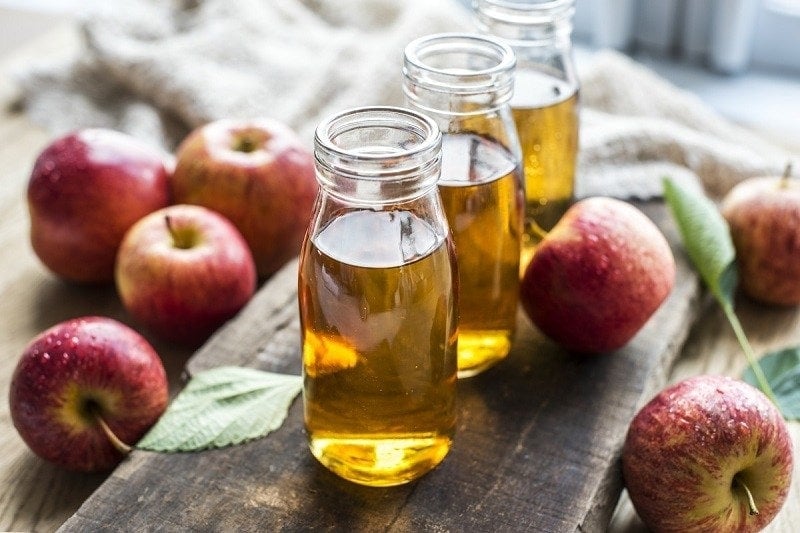
Companies then add in ingredients like high fructose corn syrup, cane sugar, sodium, and fruit byproducts to zest things up. The trouble here is that it really ups the calories, carbs, and sugar content, making it not-so-healthy for drinkers, human and canine alike.
Some manufacturers add extra vitamins or flavors to enhance the drinking experience. But the more ingredients you see on the label, the less healthy it is in many cases.
How Is Apple Juice Good for Dogs?
Apple juice contains vitamin C, which is a fantastic antioxidant for dogs. Unlike humans, dogs actually synthesize vitamin C on their own. But a little more won’t hurt, especially since it’s so excellent for healthy immunity. Vitamin C in people has been shown to help with cognitive aging, malnutrition, and stress, while further research into these benefits for dogs is still required.
Because a dog’s liver naturally makes vitamin C, there is some controversy on how much it really benefits them to have extra. But a splash more isn’t something that will have ill side effects. Moderation will be key when it comes to any dog treats, and giving a piece of apple without the seeds or core is actually much more appropriate and safer than apple juice.
What Are the Negatives of Apple Juice for Dogs?
One of the main issues with apple juice is its high sugar content. Many dogs already tend to overeat or underexercise, so drinking sugary liquids can pack on the pounds. Obesity also causes long-term health problems like arthritis, heart and breathing problems, and many others, which can get expensive to treat and may impact the dog’s quality of life and reduce their lifespan.
Apple juice can cause diarrhea. Even though it’s often mild and self-limiting, and it shouldn’t be much of a health concern, it can create messes for you to clean up. And it may cause an upset tummy, which might make your guy or gal feel crummy.
Another big issue is the presence of additives, colorings and preservatives, alongside artificial sweeteners. Xylitol is a sugar alcohol that is often added to sugar-free drinks due to its sweet taste. However, this is something your pooch should never come in contact with, as xylitol is toxic to dogs, even in small amounts. This can lead to low blood sugar and signs of poisoning within as little as 30 minutes to an hour of ingesting xylitol.

- Vomiting
- Weakness
- Lack of coordination
- Difficulty walking or standing
- Tremors
- Seizures
- Coma
If your dog drank apple juice with xylitol, get on the phone with your vet immediately. This toxin can damage the liver and cause a serious and sometimes life-threatening illness if left untreated.
Organic Apple Juice Is Best
If you’re going to share some refreshing juice with your dog, you’ll want to make sure you’re giving them the healthiest choice. Many organic apple juices only use apples without the extra sugars.
Is Frozen Apple Juice Mix Different?
No, frozen apple juice is essentially the same as liquid apple juice. The difference is, you have to thaw it out and add water to it to make a full pitcher. The labels are usually similar, if not precisely the same, as premade apple juice in jugs.
Since it’s wholly concentrated and condensed, note that a little goes a long way. You shouldn’t offer the whole can as an icy treat, thinking it’s the equivalent of a popsicle. Giving them a clump of frozen juice is a lot at once, and the sugar content is overloading for a single sitting. Not to mention, it may contain xylitol, which is toxic for dogs.
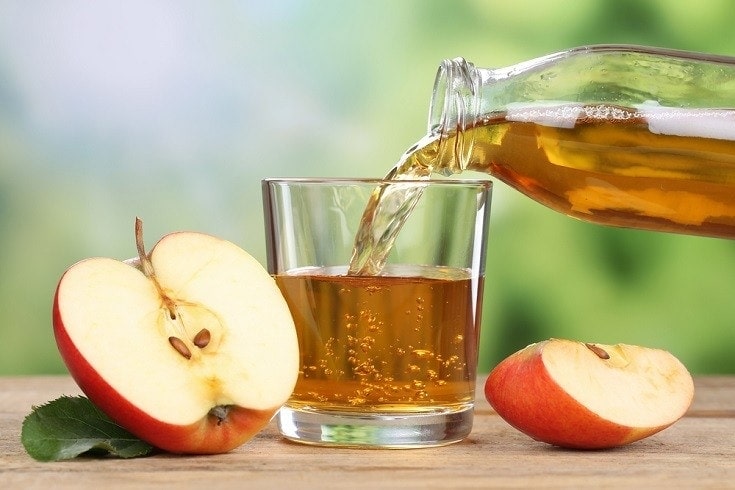
How About Apple Cider?
Apple cider is different from apple juice—and purer, too. There is some information on the safety of apple cider vinegar for dogs in small amounts, but very little on the actual cider. So, we would rather err on the side of caution and advise not giving it to your pooch. However, if your dog manages to steal a tiny amount of apple cider, they will most likely be just fine. Truthfully, they may not like the taste much since it’s particularly acidic, which isn’t appetizing to your canine and may lead to a stomach upset and irritate the stomach lining. But if they drink it anyway, a couple gulps here, and there most likely won’t do any harm.
Also make sure it doesn’t have added sugar, spices, or alcohol in it. Spices can be particularly troubling during the holidays. Cinnamon and nutmeg are the usual additives in most soft cider. While cinnamon in a very small amount is safe for dogs, nutmeg is toxic.
Avoid anything with alcohol like the plague. Alcohol contains ethanol—which can be lethal to dogs even in small doses. This needs urgent veterinary attention.
Can Dogs Have Apple Juice? Final Thoughts
So, to recap: apples are an excellent snack for your dogs, but apple juice isn’t necessary because of its acidity and sugar content. If you do give your dog a bit of apple juice by mistake, make sure it had minimal sugar, and check the label. A lot of apple juice could cause an upset stomach and diarrhea. Apple juice with xylitol is toxic to dogs, and this is classed as a veterinary emergency.
If you have any questions or concerns about your dog drinking apple juice, contact your vet to go over specifics.
See also:
- Dog Stomach Ulcers: Signs, Causes & Remedies (Vet Answer)
- Lead Poisoning in Dogs: Causes, Signs, and Care (Vet Answer)
Featured Image Credit: Seregam, Shutterstock



